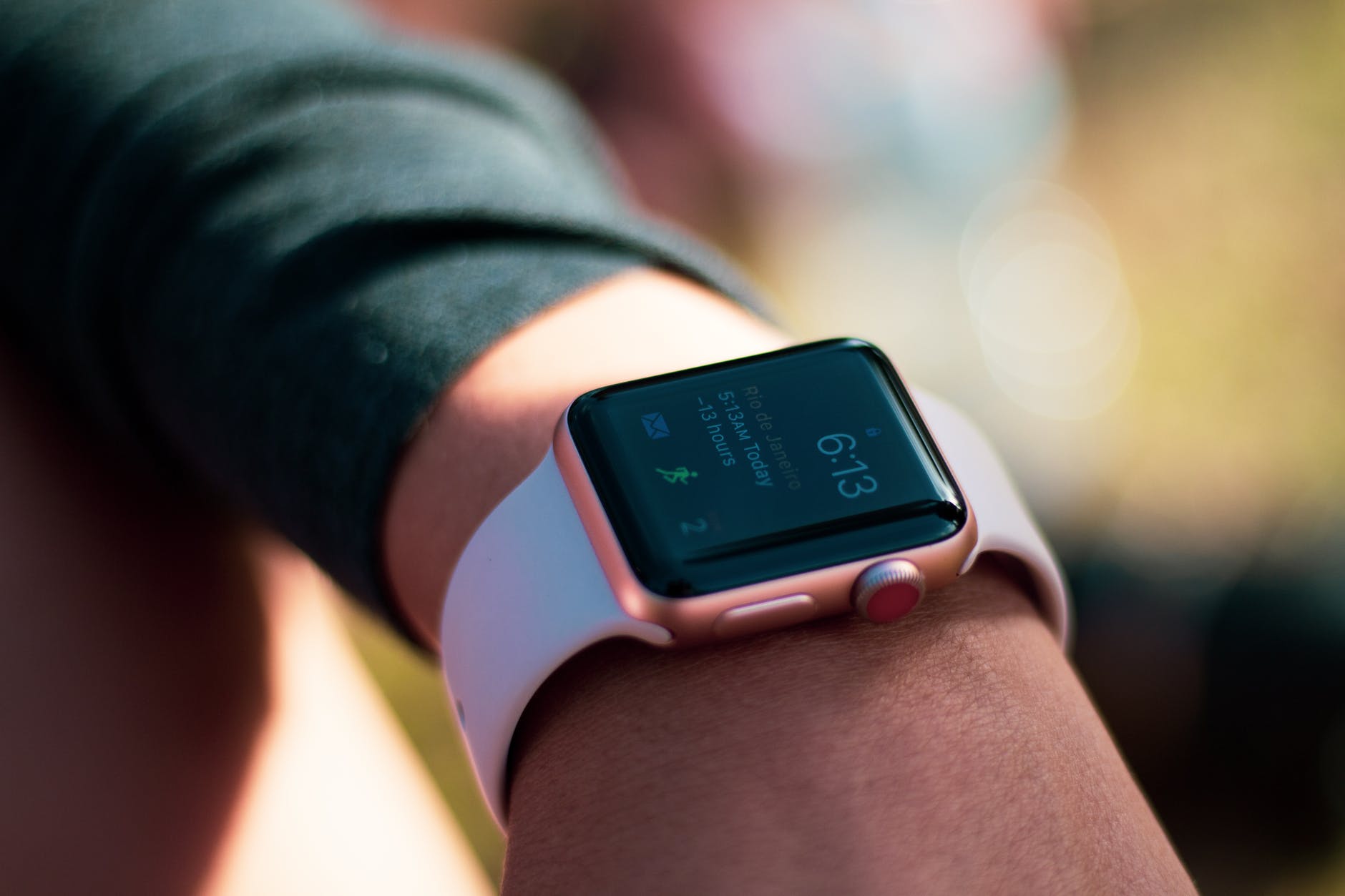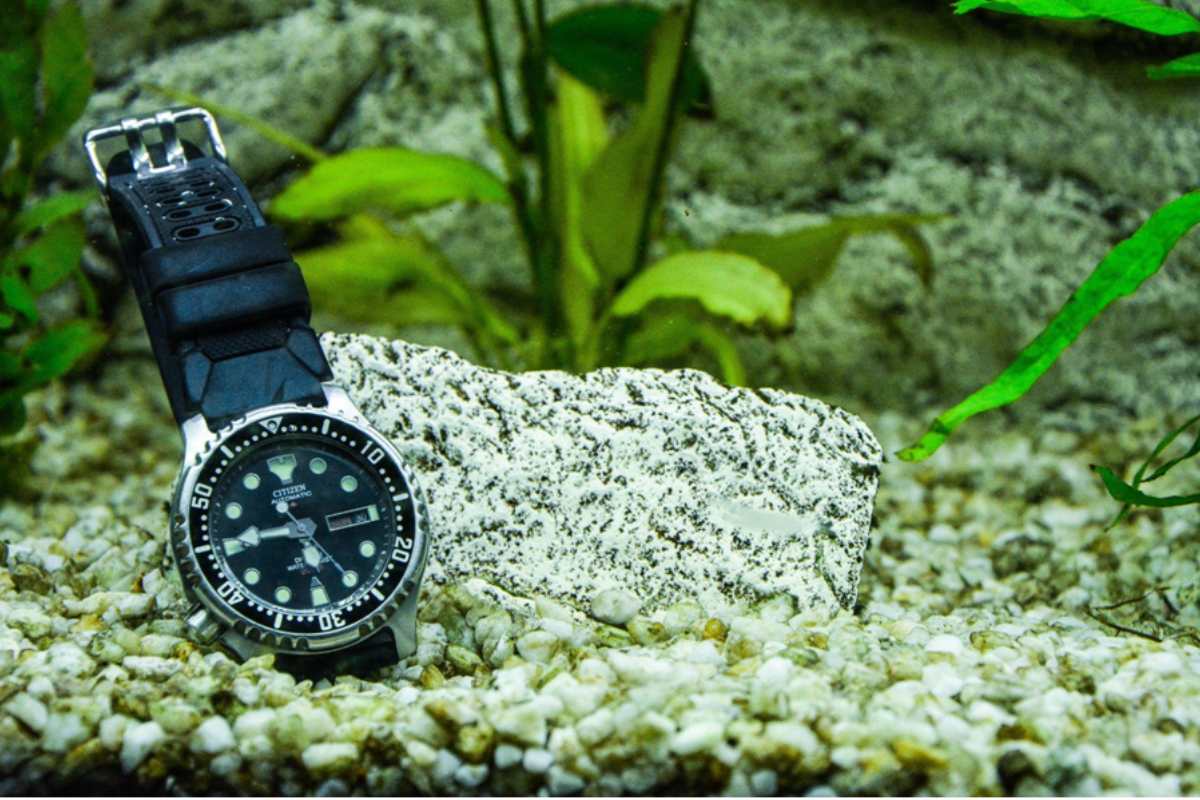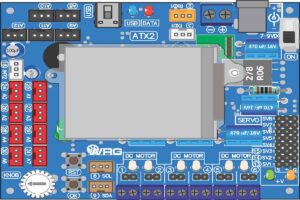With more and more computers hitting the market, there are all kinds of options available to consumers. The world is your oyster when it comes to picking the best laptop to meet your needs. You just have to turn the search around to make it about you and what you need from your PC.
Even as tablets and smartphones gain in popularity, laptops retain an important place in many peoples’ armory of devices. Being able to sit down with a computer to write a project or proposal, draft a quote for an important client, or even to watch movies on a larger screen while you are traveling, laptops have all kinds of use cases for people.
Budgets vary, but with the PC market is loaded with options for everyone. This article will help guide you through the search for a new laptop, and come out of your search with the best possible option for you.
Figure out what you need your laptop to do
Buying a new laptop is all about sizing. That means you need to consider what you want your laptop to do. From serious gaming to the lightest browsing, paying the right price for your laptop is all about getting your priorities right.
Although it is tempting to think “I just need a laptop for this price”, that strategy can be a mistake. Doing so could mean you overpay for features you do not need, or underpay and be left disappointed with your purchase.
Decide on your operating system
Windows laptops are the most common, all-round operating system. With the Microsoft 365 suite, you can do almost everything you need from simple word processing tasks to creating detailed spreadsheets and pivot tables.
Machines with Windows OS also come built-in with a variety of tools to help you hit the ground running, such as security and collaboration features included with all laptops.
macOS operating systems are an acquired taste for other users, with the Apple interface blending smoothly across all its devices. The Chrome OS is niche for lower-end Chromebook devices. They are not the flashiest devices or operating systems, but are perfectly good for basic web browsing or streaming movies.
Getting technical
Processors are generally made by either Intel or AMD. Intel’s processers are generally known as slightly higher-end, but AMD chips are perfectly good for lower end laptops and are generally sold as affordable laptops on the market. Although you do not need to get too bogged down in the technical aspects, there are a couple of key points to consider. The first of those is a processor (CPU). The processor is basically the engine of your computer, running your operating systems and programs for you.
The screen display is another key point of consideration. This basically consists of the size of the screen, and its resolution. The main laptop manufacturers offer screens between 11.6”-17.3” on the largest side.
Although it may seem obvious to go for the largest, most powerful screen possible for your budget, be careful before you make this decision. Not only can a larger screen make the machine heavier and bulkier to transport around, it will also place a bigger drain on the battery life. These three factors combined can make a larger screen laptop a nightmare for a business professional or commuter.
Don’t forget the memory
Even if you run cloud storage or other forms of backup to store your files and photos, you still need to pay attention to the RAM of your new laptop. RAM is the temporary store of data while it is running – this enables the data to be quickly accessed for running the programs you need.
As a rule of thumb, 8GB of RAM is a good starting point for a laptop. This will give you all you need and a little more in terms of memory to run games, software programs and other applications.
Storage for data not in active use has taken on less importance since the onset of cloud applications such as SharePoint, OneDrive and Google Drive. However, if you prefer some local storage you need to consider the laptop’s hard drive or an SSD.
The final choice is down to you
Ultimately, only you know which laptop will best suit your needs and personal tastes. That said, check out some user and professional reviews to get the inside scoop on any laptops before you buy them. As you close in on a choice, be sure to shop around to find the best prices online or offline. Enjoy your search!












